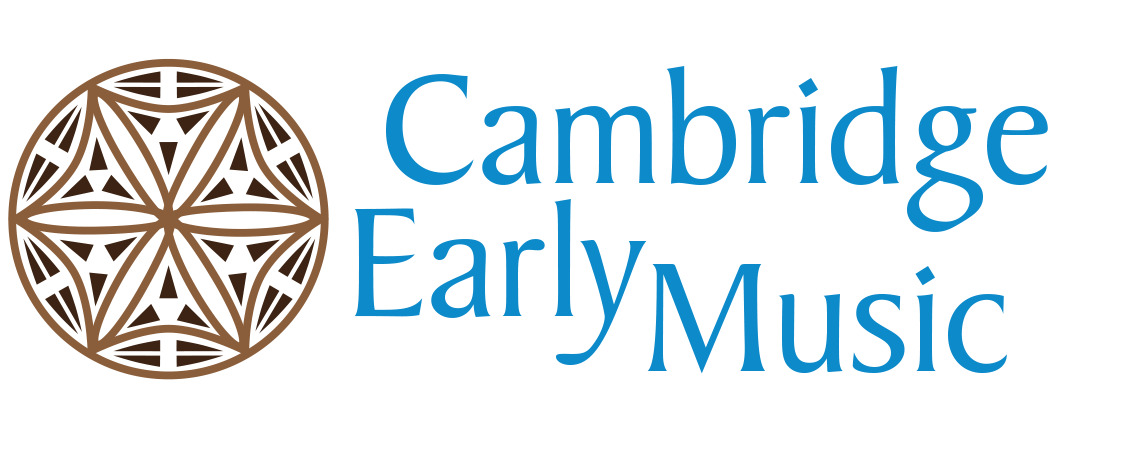Hear The Brook Street Band in ‘Heinrich Schütz: A German in Venice’ on 6 November.

What were your first musical experiences as a child (instruments, teachers, music at home, good and bad experiences!)
I grew up surrounded by music as my grandparents were both notable musicians, the pianist Margaret Good and cellist William Pleeth. I remember dancing round the record player when I was about 3, listening to Vivaldi, or ‘Bibaldi’ as he was known in our household, before I could properly say the letter ‘v’.
There was always music in the background at my grandparents’ house, as both of them taught from home, and I was usually there most days after school, until my parents finished work. I played cello duets with my grandfather every Saturday morning, which was his way of keeping an eye on my cello progress, without the formality of a lesson, which he left to other teachers.
Who has been the biggest musical influence on your life?
Probably my uncle, Anthony Pleeth, who I eventually studied with as a postgrad student at the Royal College of Music.
What music do you enjoy listening to outside of work and performance?
I listen to a lot of jazz, 19th century chamber music with piano (I love the Schumann piano quartet) and pretty much anything by Mendelssohn. I also listen to a couple of the artists and bands I loved as a teenager such as The The, Jimmy Somerville and Bronski Beat.
How did you come to be involved in this ensemble?
I founded it in 1996/97, and I’m so proud we’ve had a remarkably stable core-membership. Rachel’s been playing with the Band since 1997, Carolyn since 1999, with Kathryn joining more recently. In that respect we’re like a string quartet, close friends as well as work-colleagues, involved in the ups and downs of each others’ lives over many years.
Tell us about the instrument you will be playing
I’m lucky enough to play a Joseph Hill English cello from circa 1750 which was given to me by my grandfather. He’d been given it by a close family friend and amateur cellist, and in turn passed it on to me. It still had its original 18th century set-up and I feel extremely fortunate to have this wonderful instrument in my care.
What should the audience expect from your concert at CEM?
Expect the unexpected! There’s a real improvisatory feel to a lot of the music, violinists sparring and out-divisioning each other. There’s plenty of vocal fireworks too, outrageous ornaments, and huge emotional contrasts, taking you on a real journey into Schütz’s world. Plus, you get to ‘go’ to Venice, from the comfort of your Cambridge seat.
What is your favourite part of this programme?
I often feel transformed by performing the Sances Stabat Mater, a 10 minute trance-inducing marvel. And for a lover of 80s pop music such as myself, I always enjoy the instrumental refrain in the Monteverdi. I mean that as a compliment to the Monteverdi, it has such a catchy refrain, in such a jolly and happy key, lots of smiles on our faces.
Do you have connections to Cambridge?
I’ve taught various students in the city over the years, largely through BSB’s work with CEM, Anglia Ruskin University, Cambridgeshire Music, and our #Roots Baroque orchestra for Under 18s.
Which other concerts at this year’s CEM would you most like to attend and why? Do I have to choose?
They all look really good, with a huge span in repertoire and forces. I do love a good title though and a programme with a good strong narrative, so “Divorced, Beheaded, Died” certainly caught my eye.
